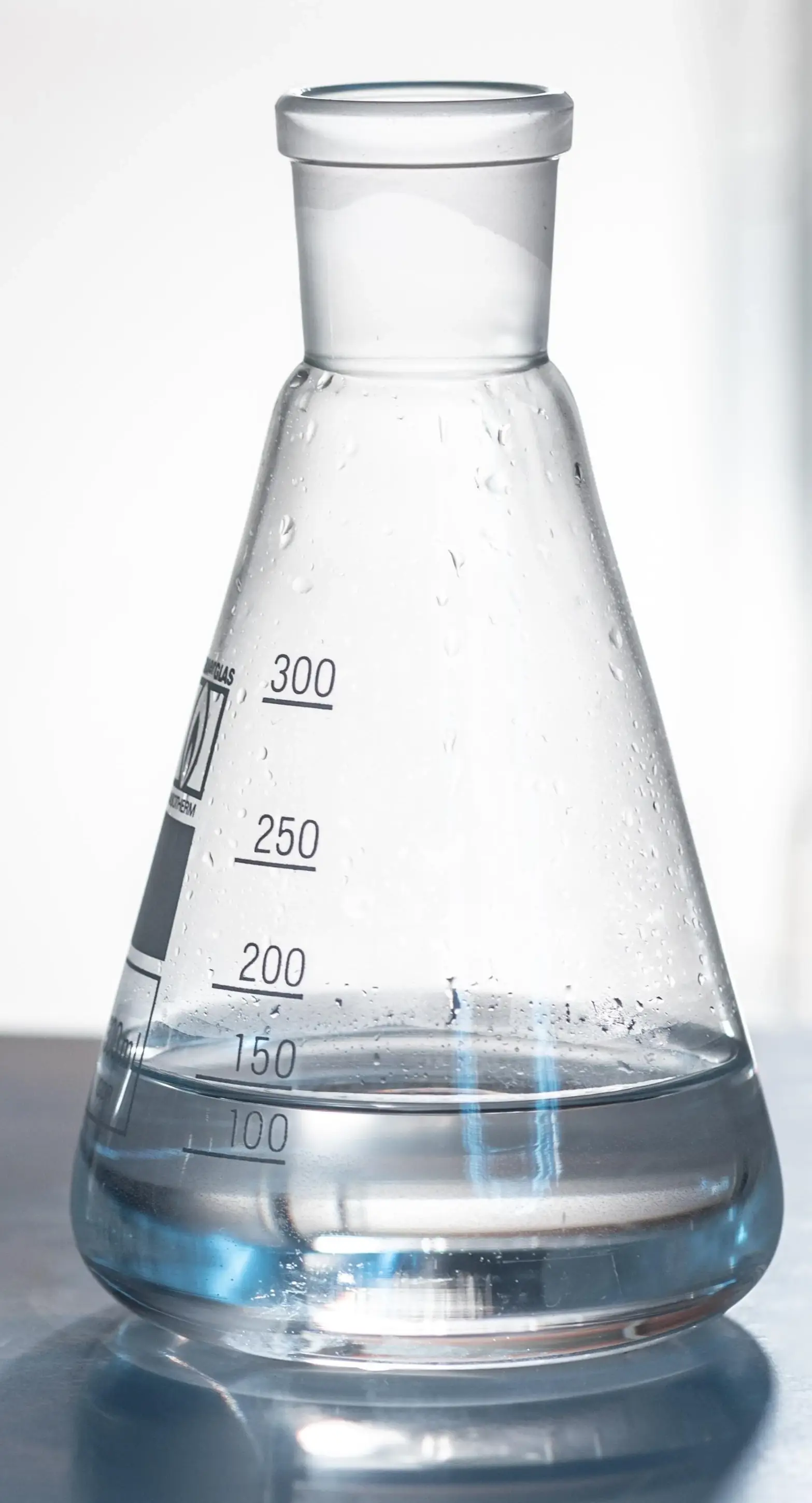IUPAC Name
Propane-1,2-diol
Cas Number
57-55-6
HS Code
2905.32.00
Formula
CH3CHOHCH2OH
Appearance
Clear Colorless Liquid
Common Names
1,2 Propanediol, Propylene Glycol
Packaging
215kg/drum
Brief Overview
Mono propylene glycol (also known as propylene glycol, PG, propan1, 2diol, and MPG) is a clear, colorless, and viscous liquid with a characteristic odor which has the formula C3H8O. It is soluble in water and has hygroscopic properties. MPG is used across a wide range of industries due to its low toxicity coupled with a depressed freezing point upon mixing with water.
Manufacturing Process
Mono propylene glycol is produced mainly from propylene oxide. The most common process is the non-catalytic hydrolysis of propylene oxide in a high-temperature and high-pressure environment. The second method is the catalytic method which can proceed at 150 °C in the presence of ion exchange resin or a small amount of sulfuric acid or alkali. Mono propylene glycol can also be produced from glycerol, a bio-diesel by-product.
Food Industry
Mono propylene glycol is a humectant, which means it can help to retain moisture in food products. It is commonly used in baked goods, such as cakes and breads, to prevent them from becoming dry and stale. MPG is sometimes used as an anti-caking agent in powdered foods, such as spices and baking mixes. It can help to prevent clumping and improve the flow of the product.
Paint Industry
Mono propylene glycol can be used as a chemical intermediate in producing high-performance unsaturated polyester resins used in paints and varnishes. It is also an excellent solvent that is often used in printing inks.
Other Applications
Mono propylene gylcol can be used on manufacturing non-ionic detergents used in petroleum, sugar-refining, and paper-making industries. It can also be used in the cryonics industry and can be used as an additive in pipe tobacco as it prevents dehydration.
